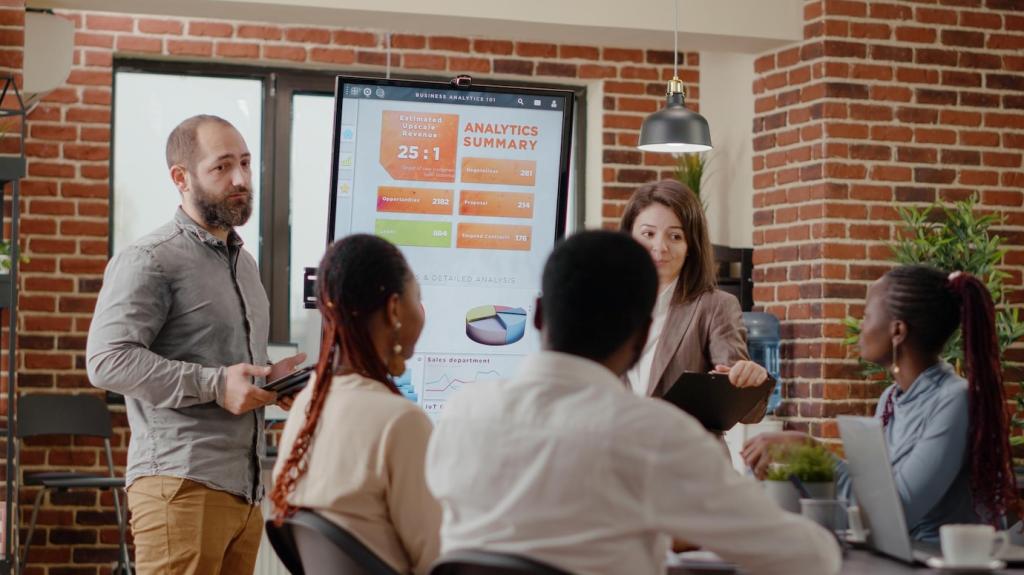Practice Lab: Weekly Advanced Challenges
Choose a recurring problem and run a one-hour sprint: map it, reframe the question, list three hypotheses, and design one reversible experiment. Share your hypothesis statement in the comments, and we’ll pick a few to feature in next week’s community roundup.
Practice Lab: Weekly Advanced Challenges
Define a leading indicator you can move within seven days. Avoid vanity metrics. Track baseline, target, and outcome. Post your results publicly to invite feedback and accountability. Small, visible wins create momentum and reinforce disciplined thinking under real constraints.
Practice Lab: Weekly Advanced Challenges
Tell us what surprised you, what failed, and what you’ll try next. Advanced problem-solving skills grow fastest in communities that trade honest notes. Subscribe for weekly prompts, submit your case studies, and help another reader avoid a costly detour tomorrow.
Practice Lab: Weekly Advanced Challenges
Lorem ipsum dolor sit amet, consectetur adipiscing elit. Ut elit tellus, luctus nec ullamcorper mattis, pulvinar dapibus leo.







